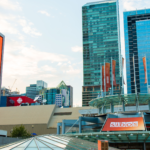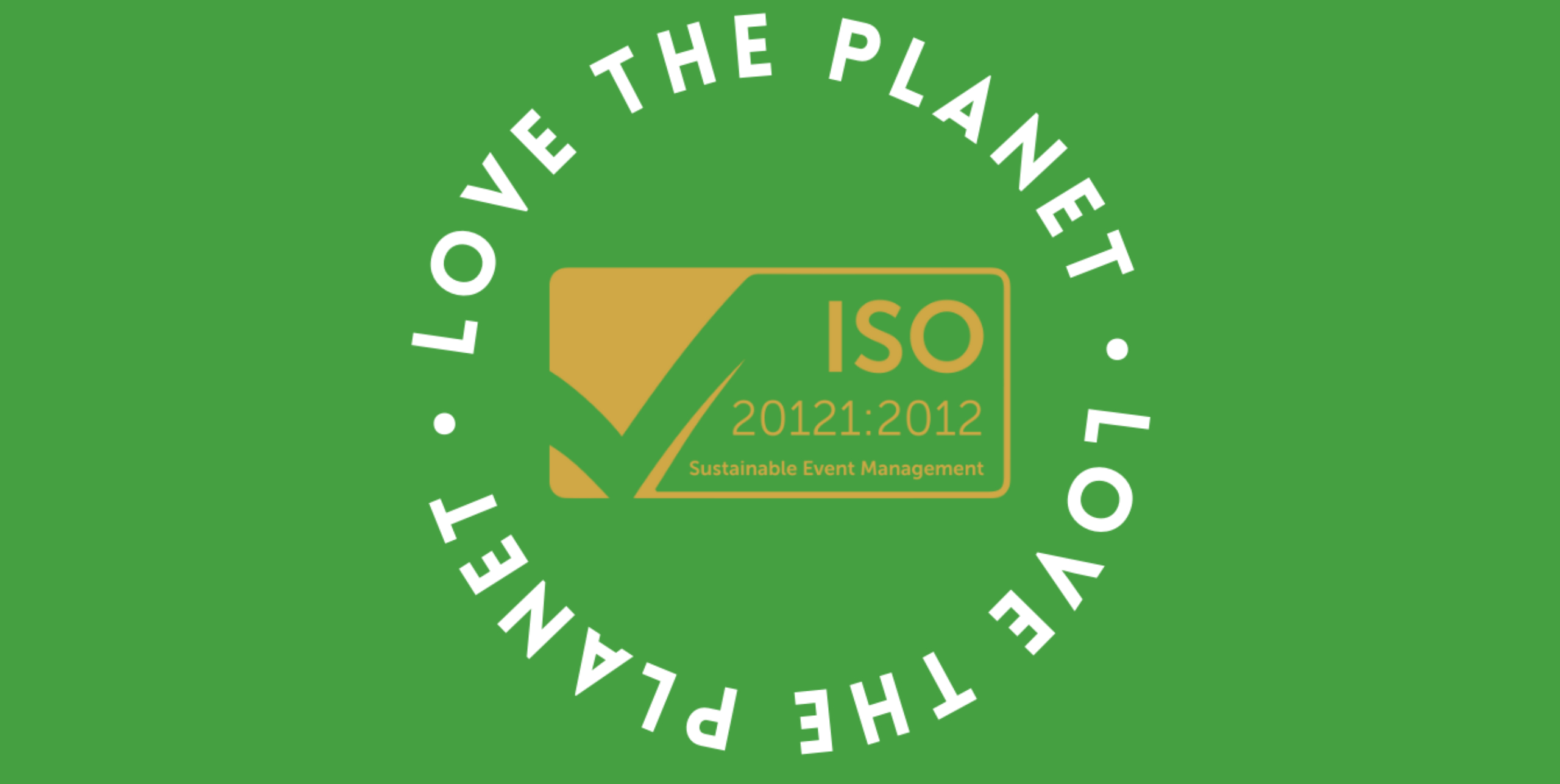Myth-busting: The vegan myth – a reality check on the sustainability of vegan vs. meat options in event catering
Every bite we take leaves an imprint on our environment, from farming to production, food transport and waste management. Each part has a sustainability impact.
In the eyes of many people only just starting their sustainability journey, when it comes to catering at our events, the vegan options are instantly better… right? The more sustainable option…
But here’s a surprising twist: vegan options… commonly hailed as the green choice, doesn’t automatically hand you the eco-friendly crown!
Why? Because the truth about sustainable catering is nuanced and complex, much like the ingredients that make up a delectable dish!
The environmental impact of every bite
When planning an event and wanting to make quick and simple seemingly sustainable decisions, the intuitive step for many is to switch to a vegan menu. After all, it’s a widely accepted belief that plant-based food is more environmentally friendly than animal-based products. While there is a certain amount of truth to this – livestock farming is indeed a significant contributor to greenhouse gas emissions – the equation is not as straightforward as it seems.
The notion that vegan food is invariably the greener option is, in fact, a misconception. Why? Because the environmental impact of food is not only about where the plants or animals are based. It also depends on factors such as production, methods, transport emissions, and even the social implications of food choices.
For instance, let’s compare a locally sourced, free-range chicken served at an event in Yorkshire to avocados imported from Mexico for the same event. The chicken, while not a vegan item, has a relatively small carbon footprint due to its local sourcing. The avocados, despite being a staple in many vegan diets, have a significant carbon footprint, due to the thousands of miles they travel before reaching the event, not to mention the heavy water usage they require in their growth phase.
Consider the impact of growing highly demanded vegan products such as quinoa and soy. The increasing demand in Western countries has sometimes led to local price surges in the countries where these crops are grown, affecting the ability of local populations to afford them!
This is by no means, us saying that a shift towards a more plant-based diet isn’t beneficial. It indeed can be. But the story of sustainable catering is more nuanced. Simply replacing animal-based products with plant-based ones does not necessarily make an event’s catering more environmentally friendly.
As event planners, it’s essentially to look beyond the vegan vs. non-vegan dichotomy and consider other factors such as local resourcing, seasonality, and fair trade.
Beyond the menu: the role of sustainable planning
Responsible menu planning is an approach to food provision at events that considers not only the taste, presentation, and dietary needs of guests, but also the environmental impact of food choices. It involves considering aspects such as sourcing, seasonality, waste management, and diversity of dietary options, all with the aim of reducing the environmental footprint of an event.
To help you incorporate more responsible menu planning for your next event, consider these factors;
Seasons: As previously mentioned, designing your menus around what is in season locally not only reduces food miles but also ensures that the ingredients are at their freshest (in many instances will also be cheaper too!) For example, if you’re planning a summer event in Sussex, consider using locally-grown vegetables, which are in season and abundant in the area.
Sourcing: Work with suppliers and partners who prioritise local and sustainable sourcing. This might mean choosing a caterer that sources its meat and dairy from local, organic farms in the Yorkshire Dales or using fresh fish caught in the North Sea. If you’re stuck on where to begin, consider joining organisations such as isla who educate on sustainability within the events industry. Shelton Fleming started our journey with isla only a few years ago and we’ve already built up partnerships and connections giving us access to a massive pool of sustainable suppliers, using your partner creative agency like Shelton Fleming helps you use the expertise and knowledge to start transforming your existing event practices into one that contributes good!
Waste management: Aim for minimal food waste by accurately estimating portion sizes and planning for proper food storage and disposal. Composting any unavoidable food waste or partnering with local charities to distribute leftovers can also contribute to sustainability efforts. We’ll let you into a little secret now, the sheer amount of food that goes to waste every day is shocking. At the next event you attend, go to the catering area and ask a member of staff (within catering) what happens to leftover food after the event, the answer will leave you feeling uncomfortable. We recently attended The Meetings Show at the London Excel and were able to meet with the venue CEO who talked us through food waste management at Excel. Did you know the venue house the largest wormery in the UK? These small climate warrior friends have a big job. Food waste produced by the venue is given to the worms for food, they then turn the food into fertiliser which is not only used on the grounds of the Excel but are also now sold at local garden centres! Talk about making waste work for you. The most important message we’re sharing here is that there are already processes and solutions put in place to facilitate a greener events industry, all you have to do is use them (and us!)
Diversity of dietary options: Provide a range of options for guests with different dietary preferences/needs. Whilst offering a few vegan or vegetarian dishes is a good start, it’s also crucial to include locally sourced, sustainable non-vegetarian options.
Ready to dig in?
When planning event menus and catering you need to realise that the decisions you make have a profound impact on the environment. If you keep sustainable farming and food production as a priority and marry that to lowering the food miles (through locally sourced options) then your event and industry as a whole can be a force of good.
Remember though, the transition to sustainable catering in events, doesn’t rely solely on the shoulders of the organisers – it’s a shared responsibility. From caterers to attendees, guests, and organisers, we all have a part to play.
Every bite counts.
Remember, it’s your plate, your planet, your choice, let’s dig in!
Get in contact with us to find out how we can incorporate sustainability, strategy, creativity and innovation to create an immersive and memorable experience that leaves an impact of good on the environment, for you, your brand but most importantly your partners and customers!










